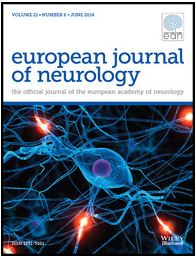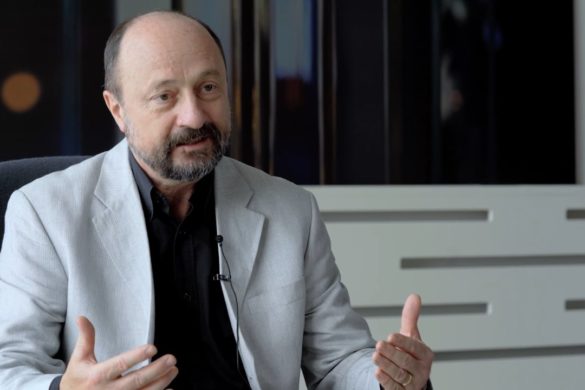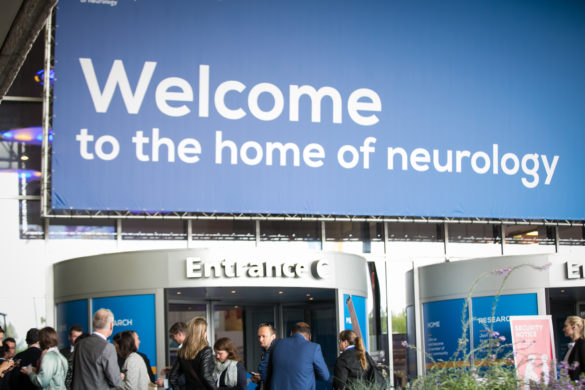By Dr Antonella Macerollo, Editor-in-chief, EAN-pages
Professor Kristl Vonck and Professor Radu Tanasescu introduced the Special Session on the gut brain axis on Saturday afternoon, with lectures given by four experts in this field: Professor Sarah Vascellari, Professor Hartmut Wekerle, Professor Filip Scheperjans and Professor Katrien De Looze.
Professor Vonck first outlined the role of microbiome as a new frontier in medicine and neurosciences; Professor Tanasescu pointed out the involvement of the gut micromioba in neuroinflammation and neurodegeneration.
Professor Vascellari gave the opening lecture on the important of the gut-brain axis for precision in neurology. She outlined that the gut microbioma influences brain fucntions via neurotransmitters and microbiotal metabolites, which in turns can stimulate the release of hormones, gut peptides and cytokines. On the other hand, the brain influences gut permeability, immune responses and gut microbiota composition via the hypothalamus-pituitary-adrenal-axis and vagal efferent fibers. She also gave an overview of the two faces of gut microbiota: eubiosis and dysbiosis. The latter has a crucial role in the neuroinflammation and has specific link with the diet. The Munich Twin Study on MS showed association between the microbiota profiles and the autoimmune disorder but not a causal connection. However, the study found a specific bacterial trigger: Akkermansia mucinophila.
Professor Wekerle discussed the link between brain-gut axin in neuroinflammatory diseases with a special focus on Multiple Sclerosis (MS). He described the pathways of communication between gut microbiota and the central nervous system including bloodstream, vagus nerve and immune cells. However, the microbiota sends also signals to the immune system through different strategies such as molecular mimicry, pro-inflammatory micro-environment, activation of pathogenic Th17 cells in ileum, activation of regulatory Treg cells in colon.Professor Scheperjans spoke on the role of gut microbiota in neurodegenerative diseases and associations specifically with Parkinson’s Disease (PD). It has been showed that animal models of germ-free and macrobiota depleted ASO-mice have reduction of motor symptoms, microglial activation and improved gut-peristalsis. The constipation, one of the most common non-motor symptoms in PD, is strongly connected with the gut microbioma which determines also the disease progression. The gut microbioma and in particular the reduction of bacterial butyrate has been find associated with the epigenetic profile of PD and, specifically, depressive symptoms. Professor Scheperjans pointed out recent studies on fecal microbiota transplantation in PD. The lecture was concluded with an overview on the ongoing studies on the role of gut micriobiota in Alzheimer’s Disease and Amyotrophic Lateral Sclerosis. Prof. De Looze concluded the session with a lecture on the role of gut-brain axis in epilepsy. She first pointed out the role of the dysbiosis as risk factor for epilepsy. She highlighted the concept that direct evidences supporting the role of the gut-brain axis are limited. However, there are indirect evidence involving the blood-brain barrier, the HPA axis and endocannabinoid system. The faecal microbiota transplantation studies need to be replicated in animal models of epilepsy before an attempt in humans because the results are still not conclusive. Prof De Looze gave an overview of the current needs to expand in future research of this field of neurology: animal studies, large cohorts, RCTs, strict protocols and functional assessments.










